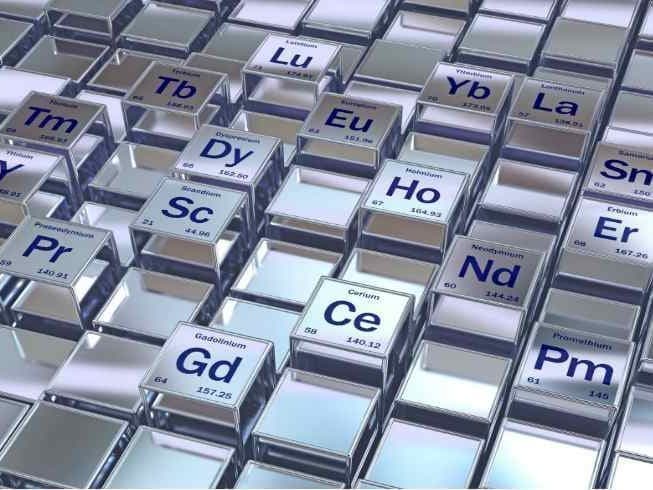
The West is taking significant steps to reduce its reliance on China for rare earth elements following restrictions on exports imposed by the Chinese government earlier this year. This strategic shift aims to establish independent supply chains crucial for the military and automotive industries. The urgency of this initiative reflects the critical role that rare earth elements play in high-tech manufacturing and defense capabilities.
In response to these developments, the Trump Administration has initiated a funding strategy that involves acquiring minority stakes in North American rare earth and lithium companies. This move is designed to bolster domestic production and ensure that the United States can secure essential materials without depending on Chinese sources.
Building Strategic Alliances
Companies in both the United States and Europe are actively forming partnerships with miners and refiners to create magnet supply chains that operate independently of China. The effort aims to foster a collaborative environment among Western nations and their industries, which have historically relied heavily on Chinese exports for these critical materials.
The rare earth elements in question include a range of 17 metals vital for manufacturing everything from electric vehicle batteries to advanced military technologies. As the demand for these products continues to rise, the necessity for alternative supply sources has become increasingly apparent.
According to industry experts, establishing a robust supply chain will require not only financial investment but also significant cooperation among countries. The focus is not solely on mining but also on refining capabilities, which are essential for processing these materials into usable forms for various applications.
Long-term Implications for Global Supply Chains
The West’s response to China’s export restrictions could reshape global supply chains significantly. As nations prioritize the development of their own resources, the dynamics of international trade in rare earth elements may shift. This could lead to increased competition among countries to secure access to these materials, impacting industries worldwide.
Some analysts suggest that the West’s actions may inspire other countries to pursue self-sufficiency in critical materials, fostering a more decentralized global market. This transition may also prompt discussions regarding environmental and ethical mining practices, as nations seek to balance resource extraction with sustainability.
The race to secure alternative sources of rare earth elements is just beginning. As the West mobilizes its resources and expertise, the successful establishment of independent supply chains could mark a significant turning point in the global landscape of technology and defense manufacturing. The outcome of this initiative will likely have lasting effects, influencing not only economic relationships but also the geopolitical landscape.







